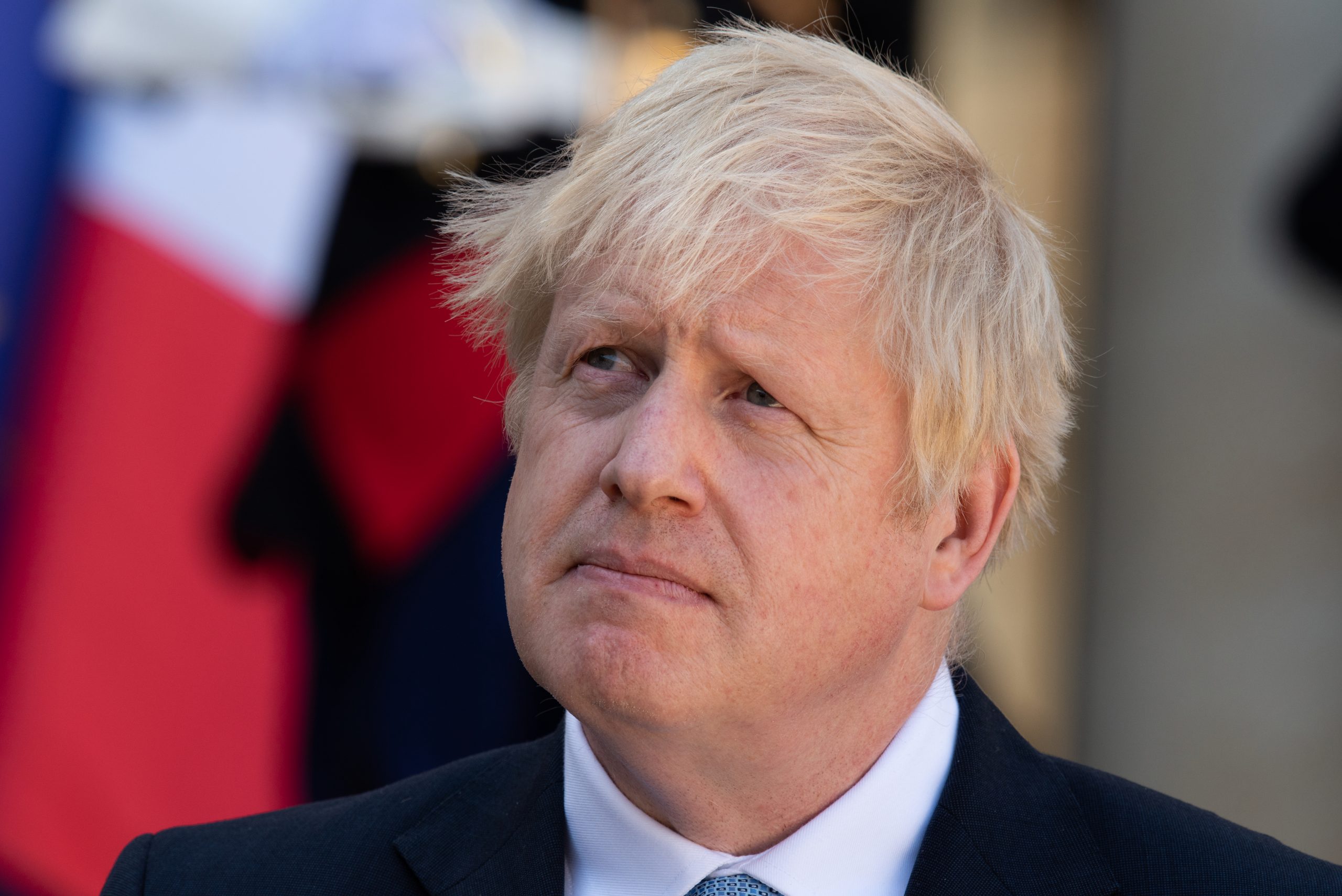Feeling a Bit Like Boris

It is probably always telling on yourself to make any self comparisons to a political figure, but I found myself remarkably sympathetic to U.K. Prime Minister Boris Johnson recently, as I read a profile from the latest issue of the Atlantic. The piece highlights what from the outside looks like a sort of contradiction at the heart of the living literary character that is Alexander Boris de Pfeffel Johnson: How can this congenital cosmopolitan, this brazen elitist, this incorrigible philanderer, be the champion of that blessed plot, the captain of a national-populist Brexit, the preserver of even an earthy Anglican conservatism? I’m fairly conventionally American (if we’re allowed to acknowledge such a convention anymore), not some Turkish-Swiss-Anglo scion of global finance, and I’m stuffy in my attitudes about chastity and infidelity, but nevertheless, there’s something familiar to the apparent tension in Johnson’s existence.
At one point, discussing the proposed then squashed European soccer Super League (written about for TAC here by Jake Meador) with Johnson, Atlantic staff writer Tom McTague writes:
I was struck by his use of the word deracinated to describe the peculiar dynamics of English soccer partisanship. To be deracinated is to be uprooted from your customs, your culture, your home—in this instance, from England. Here, Johnson was offering himself as the people’s tribune, defender of the national game from the threat of alien imposition. He was channeling a cry of anger and turning it against globalization.
It is a fact that some people can make modern uprootedness work for them, and do. There are digital nomads who work from anywhere and everywhere, urban socialites who are as comfortable in Mumbai or Nairobi as New York, and plenty of Americans who went out of state for college and then changed cities for work and then did it again, and might do it again in the future.
But the fact is that most people care about and need a sense of place. I may be a D.C. yuppie from somewhere else, making deracination “work,” but I am from somewhere else, and that is important to me, still. My peers speak often of “putting down roots,” whether around here or “back home” or another place. Boris Johnson understands, despite being from everywhere and comfortable anywhere, that the people of Great Britain need to feel they belong to the British Isles and the British Isles belong to them. McTague writes of Johnson’s own deracinated efforts to conserve rootedness:
Johnson has stood apart from any clique, whether the modernizers who have sought to remake the Conservative Party or the Thatcherite resistance against them. Johnson has, in fact, tended to avoid the formal ties of obligation that come with being part of any group. In many ways he himself is the definition of deracinated. … The one group he is associated with are the Brexiteers. Johnson largely avoids the nativist rhetoric of the group’s more extreme elements, but he does believe that Britain’s discomfort with its power and its history has gone too far. (George Orwell once observed that Britain is “the only great country whose intellectuals are ashamed of their own nationality.”) On England’s national day last summer, Johnson released a video message urging the country to raise a glass “without embarrassment, without shame.”
That’s the same dynamic that ought to be at the heart of any conservative activism, operation, or politicking happening in D.C. Work here should be for America as a whole, grateful for our country and unembarrassed by the realities of history, and that is a goal that can only be achieved by working for America in its constituent parts, and loving those, unashamed of where we’ve come from. As TAC’s About page says, despite our location in the cosmopolis, “We believe that strong families, local communities, and voluntary associations are the foundation of a free and virtuous society and that public policy should serve these ends.”
Comments